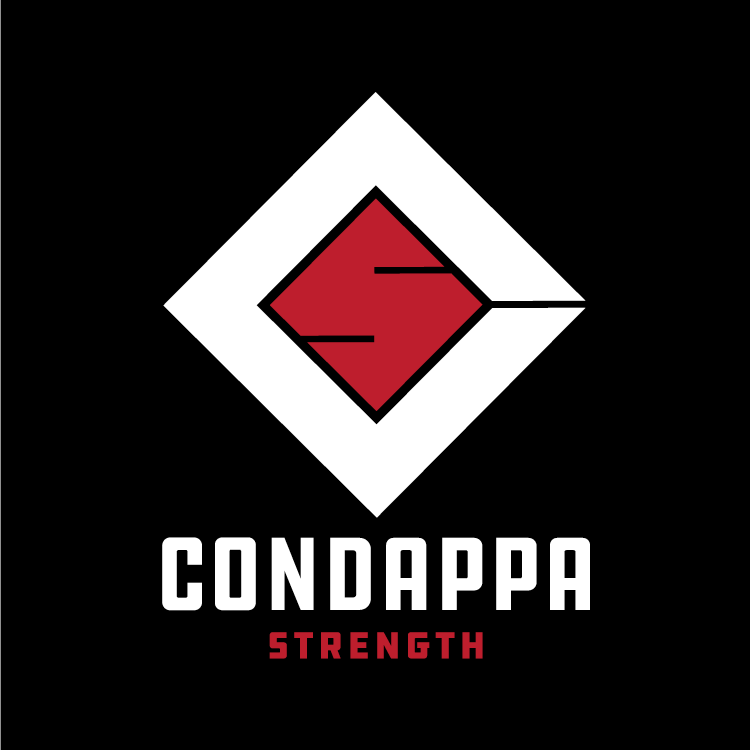The Hidden Risk in Protein Powders: What You Need to Know About Heavy Metals
The Hidden Risk in Protein Powders: What You Need to Know About Heavy Metals
Protein powders are one of the most popular supplements in the world — and for good reason. They’re convenient, easy to digest, and help busy professionals and athletes hit their daily protein goals.
But recent testing has revealed a surprising truth: many protein powders contain harmful levels of heavy metals like lead, cadmium, and arsenic, even in products labeled “organic,” “natural,” or “plant-based.”
So before you scoop your next shake, here’s what you need to know.
🧪 The Truth About Heavy Metals in Protein Powders
A growing number of studies and third-party lab reports have found that some protein supplements — especially plant-based and organic options — contain elevated levels of heavy metals.
How does this happen?
Plants naturally absorb minerals (and contaminants) from the soil. If the soil is polluted, those toxins can make their way into your protein powder — and the label won’t tell you.
Over time, these heavy metals can build up in your body, potentially affecting your energy, hormone balance, and even organ health. This is especially concerning for women, as toxins can influence thyroid and hormonal function.
🥤 Why We Still Need Protein Powders
Here’s the reality: most of us lead fast-paced lives. Between work, family, and everything in between, protein powders are an efficient way to fill nutritional gaps.
They’re convenient, portable, and can help you stay consistent — which is crucial for anyone trying to build muscle or maintain weight loss.
That said, whole food protein sources (like chicken, eggs, Greek yogurt, lentils, and tofu) should always come first. Supplements should supplement, not replace real food.
🔍 How to Choose a Safe Protein Powder
If you or your clients rely on protein supplements, here are a few smart steps to keep in mind:
Look for third-party testing.
Choose brands with certifications such as NSF Certified for Sport, Informed Choice, or USP Verified. These indicate the product has been tested for contaminants.Check for published lab results.
Reputable companies post their Certificate of Analysis (COA) online. If a brand refuses to share testing data, that’s a red flag.Know your protein source.
Whey or casein proteins from grass-fed dairy are generally lower in heavy metals.
Plant-based proteins like pea, rice, or hemp can be great alternatives — but only if they’re tested for safety.
Avoid misleading labels.
Terms like organic, clean, or natural sound great — but they don’t guarantee the product is toxin-free.
👩🦰 For Female Clients: Why This Matters Even More
For women, the effects of heavy metal buildup can be subtle but serious — from fatigue and hormonal imbalances to skin issues and metabolic changes.
If you’re using a protein supplement daily, you owe it to yourself to make sure it’s a clean one.
Rotating your brands, checking testing certifications, and balancing with real food can go a long way in protecting your health.
💬 My Recommendation as a Nutrition Coach
I personally prefer grass-fed whey isolates or plant-based options with published third-party testing.
Transparency is everything. If a company doesn’t make its results public, I move on.
When in doubt, consult a certified nutrition coach or trainer who understands supplement sourcing — not just the marketing hype.
🧠 The Takeaway
Protein powders can absolutely be part of a healthy diet — especially for busy people.
But not all powders are created equal. Choosing quality-tested products ensures you’re fueling your progress, not adding toxins to your system.
If you can eat your protein through whole foods — do it. If you can’t, be smart about the supplements you trust.
